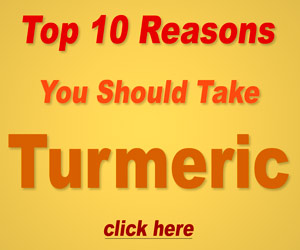Vitamin B6

Vitamin B6 is also known as pyridoxal phosphate, pyridoxamine, and pyridoxine. The recommended dosage of vitamin B6 for healthy hair is 50 mg/day. 222
Dietary Sources of Vitamin B6
- Bananas 222
- Cauliflower 222
- Cereal 54
- Eggs 54
- Legumes 54
- Liver 54
- Meat 54
- Peanuts 222
- Potatoes 222
- Poultry 222
- Soy 222
- Vegetables 54
- Whole grains 222
Physiological Effects and Benefits of Vitamin B6
- With magnesium, vitamin B6 helps with estrogen metabolism, which can help prevent hair loss and promote hair growth. 222
- Used for amino acid and fatty acid metabolism; may be especially important where diets are deficient in niacin.
38, 54 - Involved in producing serotonin (to help regulate mood) and can help with insomnia. 222
- Vitamin B6 deficiency affects the skin and increases sensitivity of cells with steroid hormone receptors (e.g., hair follicles ) and the effects of these hormones.
38, 54 This suggests that vitamin B6 deficiency could increase the effects of DHT and promote hair loss. It is also known to inhibit steroid receptors. 10 - In animal studies, administration of vitamin B6 with L-cystine prevented death of hair follicle cells due to oxidative damage from cigarette smoke. 233
- Improved hair loss when given to women with telogen effluvium. 10
- Especially important in relieving negative effects of stress and balancing brain chemicals. 222
- Helps in forming proteins in the body and with immune system functioning. 222
Disclaimer: This website is not intended to replace professional consultation, diagnosis, or treatment by a licensed physician. If you require any medical related advice, contact your physician promptly. Information presented on this website is exclusively of a general reference nature. Do not disregard medical advice or delay treatment as a result of accessing information at this site.


